Is there a difference between UX and UI?
Or, are they the same?
Which is better?
Which one comes first?

We get it. UX and UI seem the same, and this confusion is real. That’s why we have made a comprehensive guide to solve the issue once and for all.
Let’s begin.
UX (User Experience) and UI (User Interface) are two sides of the same coin. You can’t have one without the other. If you have a website, you need both to work optimally. They define and highlight your brand, products and services to customers. As you can see already, if you want to have high conversions online, you need both.
Before we go any further, I will elaborate on the difference between UX and UI. Once you understand that, you can determine which to dedicate more time and resources to.
The Difference between UX and UI Web Design
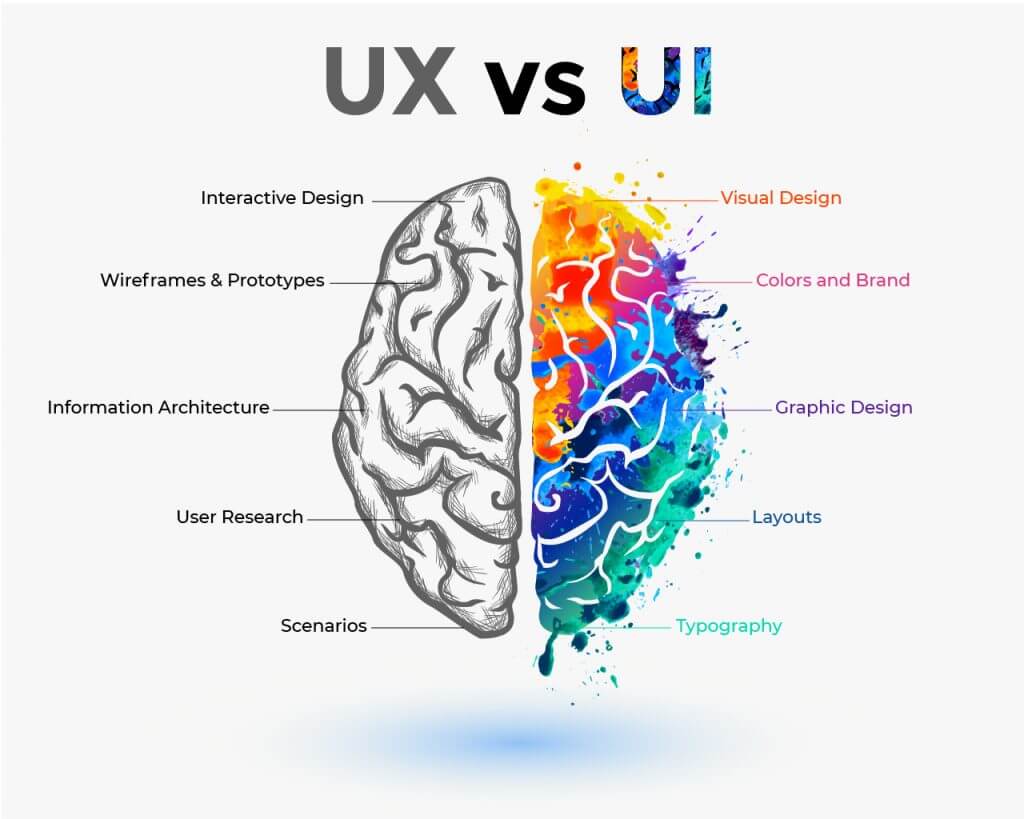
Web Design spans many functions and features and all of these come together to create a unique and engaging experience for customers. A website with all these elements ensures smooth navigation, appealing aesthetics, and clear directions towards a page a visitor may wish to go. For instance, if you want to go to the FAQ page, you must easily find the links to that page.
Some people say that the most crucial web design features are user interface design and user experience design. The concepts are similar, and both depend on and complement each other. However, and as you’ll see, they are different parts of the web design job.
Here’s a rundown of the two.
- UX web design: This prioritizes creating a seamless navigational experience for the visitors or users of your website, web pages and apps.
- UI web design: The work here relates to creating digital spaces that visitors or users see, such as buttons and scrolling elements.
The difference between them?
UX deals with creating the whole user experience on apps, websites and web pages and the work here affects the entire website’s design.
The UI is all about creating design elements and the interface, which is essential for guiding a visitor or user from one page to another.
Let us now look at UX and UI in more detail.
UX Web Design Explained
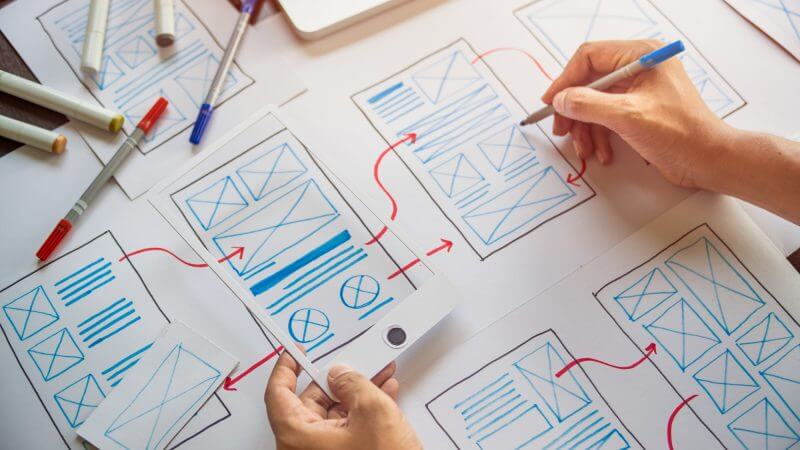
There’s a lot of brainstorming, feature and usability testing behind creating a web experience. It is the job of UI web design and UX design generally.
It’ll be interesting to note that the term “User Experience” was coined in 1990 by Don Norman, the co-founder and cognitive scientist at Nielsen Norman Group Design Consultancy. As he explained it, UX is “All aspects of the end-users interaction with the company, its services, and its products.”
A good UX design has elements of:
- Market research
- Psychology
- Technology
Apart from that, it also monitors:
- User behaviour
- Changes in user behaviour
Thus, they can respond to such changes in time, influencing customers to take the desired action.
UX designers have several responsibilities and play different functions. As such, success metrics can be tough to determine. However, the success metrics are commonly agreed to be the seamless user experience of websites, products and services.
Which are the common principles that help in developing a satisfying UX?
- Clarity and simplicity
- Scannability
- Function over flash
- Visual hierarchy
- Audience knowledge
Before creating a User Experience, you have to know what your audience desires and their tastes. Here are some questions that you can ask yourself when designing the UX of your website, webpage and app.
- Is it findable?
- Is it useful?
- Is it usable?
- Is it accessible?
- Is it desirable?
- Is it credible?
For a good UX, designer’s projects need to be user-centric.
UI Web Design Explained
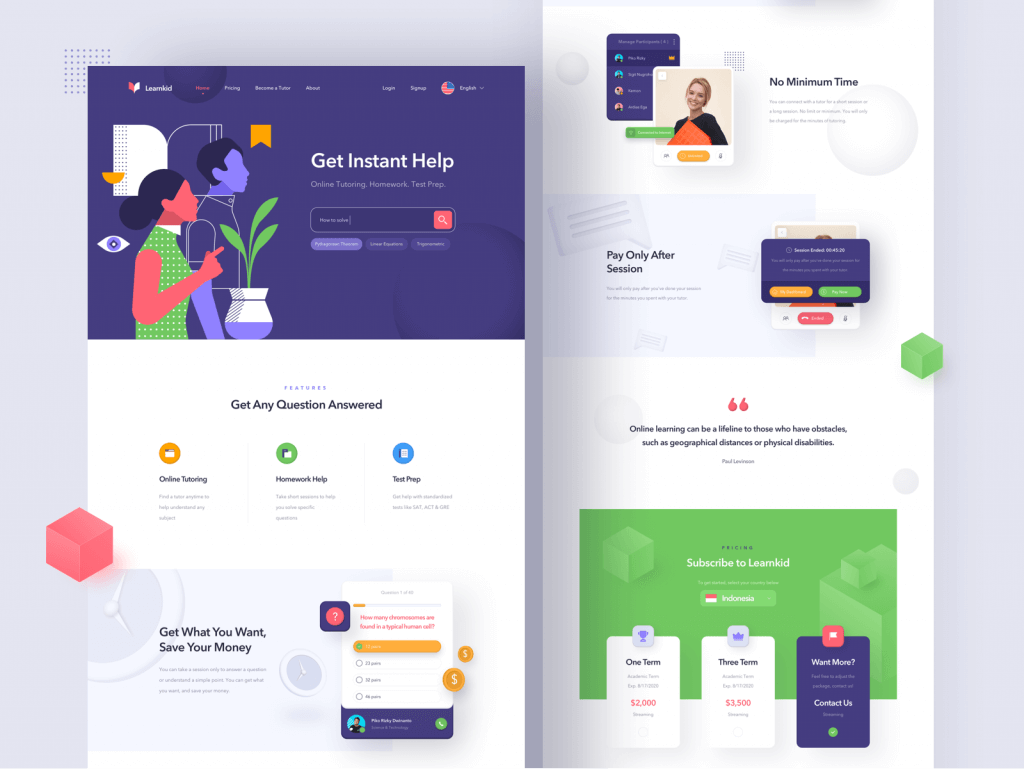
If User Experience designing is the grand strategy, User Interface designing is the battle tactic. You can’t have one without the other.
We have seen what the UX is all about. Let’s now learn about how the UI functions.
UI interface design focuses on satisfying the user’s experience. Let’s say that a prospective customer or client visits your website. You need a good menu, headers and footers, images and other elements linking to various website pages. You also need photos, graphics and animations, if applicable. Therefore, the primary focus is on the web page or whatever a company is offering.
UI is the framework around which the UX can function. Users enter through the interface, interact with it, navigate with the aid of the framework, and then have a good user experience.
How Do User Experience And User Interface Designing Impact Conversions?
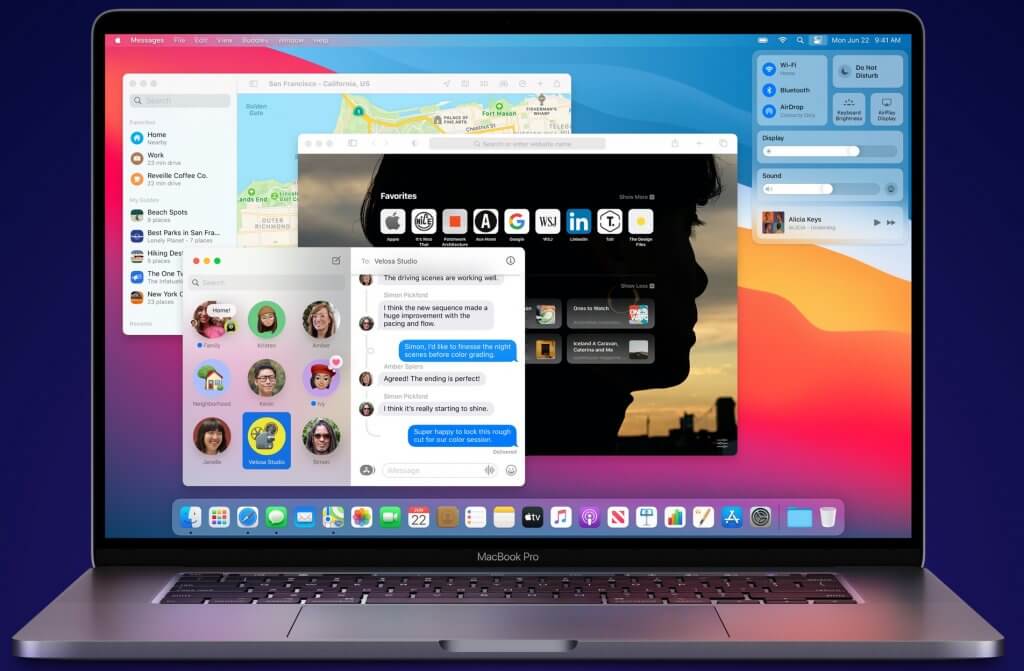
“Which is better? UX or UI?”
It is a very common question.
But here’s the thing: both are important, and you can’t have one without the other.
Can you have a car without an engine? And what use is the engine alone without the chassis?
Think of anything with at least two components, neither of which can work alone.
UX and UI are just like that. There’s no winner here simply because you need both of them. Without a good UI, a UX is bland, uninspiring and flat. Without a UX, a User Interface has no relevance at all. If the UI is wrong, it creates a bad impression on visitors and vice versa.
However, some people will still ask, “Which is more important for conversions?”
It depends on the type of conversions you are looking for. It also depends on whether these conversions are related to UX and UI.
For instance, the user interface doesn’t matter unless people come to your website. That’s the domain of User Experience, which begins much before someone visits your site. It focuses on designing tactics that aid in driving traffic to your website and takes the help of online advertising and marketing.
You need both UX and UI.
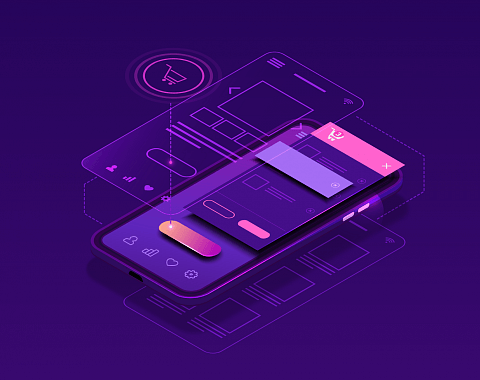
If you have a website, the best way to engage and convert visitors is to have excellent UX and UI. The better your User Experience, the more effective your User Interface.
Conversions depend on many factors, but for conversions to improve, both UX and UI are essential. They have to work in tandem.
Here are some proven UX/UI elements that help in improving conversions:
- Understanding customer journey
- Gathering and analysing data
- Optimizing content to decrease load times
- Designing apps for mobile
- Simplifying and streamlining
- Usability testing
For having a good user experience and online conversions, you need both. However, create a website that focuses on the visitors first and then you’ll have your conversions.
Contact us for digital marketing services.

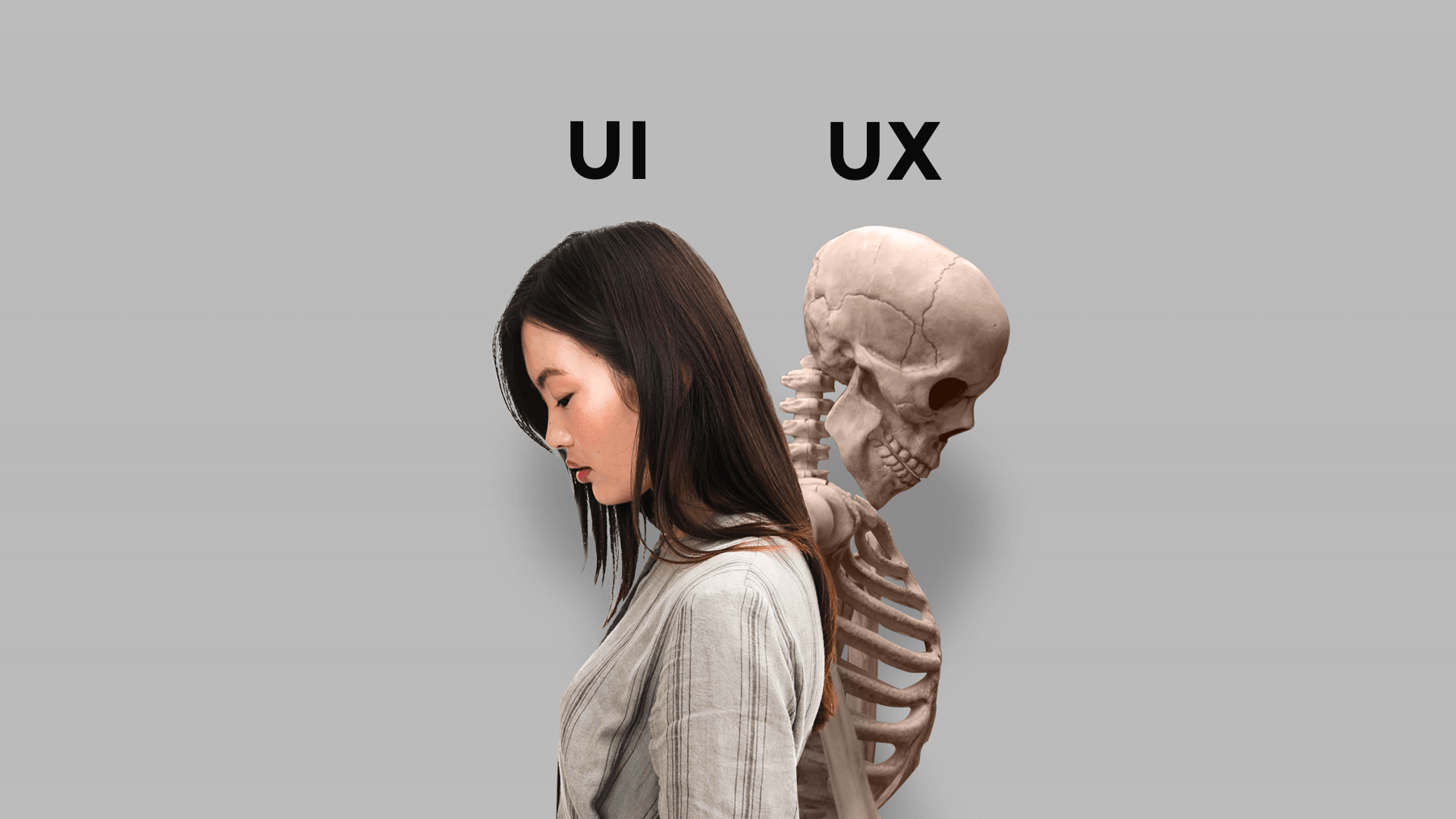



 Branding
Branding Digital Strategy
Digital Strategy PR & Communications
PR & Communications